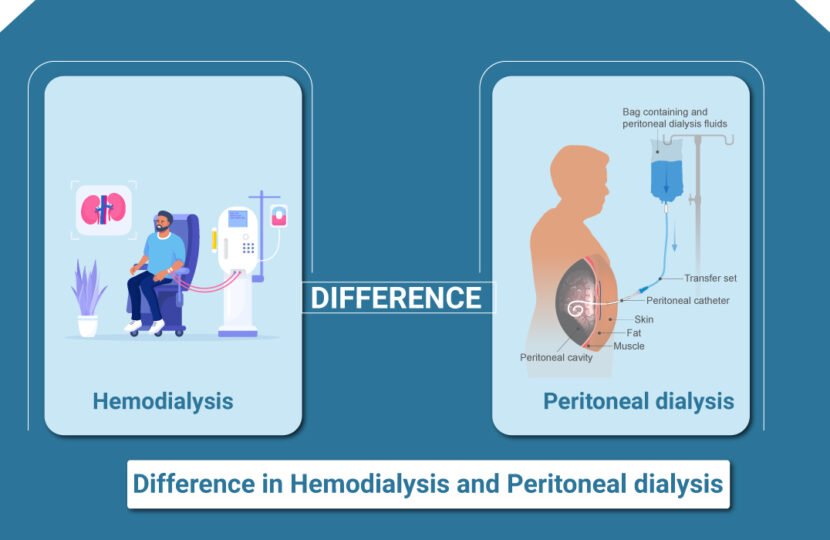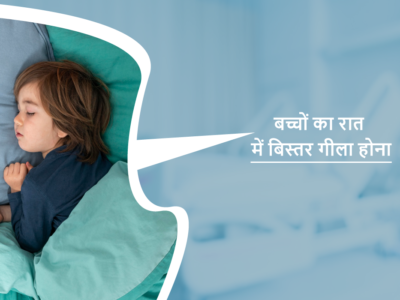Kidneys are the primary filter system of your body. All the toxins and waste materials you need to clean? Kidneys have got your back.
However, when your kidneys start giving up on you, your doctor might suggest you get on dialysis. Most patients suffering from different levels of Chronic Kidney Disease (CKD) are prescribed dialysis at some point for the healthy functioning of the body.
What is Dialysis and when is it necessary?
The process of artificially filtering your blood by pumping it out into a filtering machine that cleans it maintains the required electrolytic balance and then runs it back into your body. Kidney Dialysis aims to replace your natural kidney functions like:
- Preventing salt and toxin buildup in the body
- Removing extra fluids and wastes from the circulatory system
- Maintaining safe levels of minerals in your blood such as bicarbonates, sodium, phosphorus
- Blood pressure control
Your Nephrologist will test your filtration rate and when you are down to only 10-15 percent of kidney functioning, you will require dialysis to flush out unwanted waste and fluid accumulating in your body.
What are the types of Dialysis?
- Hemodialysis – using an external machine with filters to clean your blood
- Peritoneal – using your body’s natural abdominal membrane to filter blood
Let us get to know each Kidney Dialysis method in detail:
1. Hemodialysis
- In Hemodialysis, the blood is pumped out from your body through a flexible tube inserted into the vein, this tube is called a catheter.
- To make this entrance usually your nephrologist or a surgeon at the dialysis center will make a small incision or surgery to insert it.
- The catheter feeds your blood into an artificial kidney machine called a dialyzer.
- The filtered blood is returned to the patient through the catheter.
Understanding the magical machine – Dialyzer
The artificial kidney or dialyzer has two compartments separated by a membrane. One part contains your blood and the other contains a washing fluid called dialysate. The dialysate then washes away these wastes, and the blood returning to your body is cleaned.
What passes through the membrane into the dialyzer? Waste products and toxins pass-through
What is not filtered out of the membrane? Important blood components like proteins and blood cells are too big to pass through the membrane and are not filtered out
Common questions you might have about Hemodialysis
Where can it be done?
You can get your Hemodialysis done at our dialysis center in Ahmedabad. Sometimes hemodialysis can also be possible at home. This decision is based on how severe your doctor thinks your condition is plus your age, weight, and personal wishes.
How long does a hemodialysis session last?
3-5 hours at a time, and performed thrice a week (if going to a dialysis center)
Shorter durations, 4-7 times a week (if doing it at home, a caregiver alongside is necessary)
Do you need to be on a special diet?
- Yes. A high-protein diet is prescribed because protein waste and unfiltered protein get removed by the dialyzer and need to be replenished
- Salt, potassium and phosphorus will need to be limited in your food intake
- If you have diabetes, you need to consult your doctor for additional diet restrictions
Can patients undergo dialysis travel?
Yes. There are dialysis centers in every part of the county and even in foreign nations. You should book an appointment at the new center beforehand.
Will Dialysis affect the patient’s work life?
Unless you have work that involves heavy manual labour like lifting and digging, it is generally safe to return to work. Most patients get used to the treatment and resume their normal work.
2. Peritoneal Dialysis
The method of treatment for both is the same. The only difference is in the number of times and the way the treatment is administered.
1. Continuous Ambulatory Peritoneal Dialysis (CAPD)
Is a continuous method where the abdomen is filled and drained 3-4 times a day. It is an entirely machine-free method and must be performed when you are awake. It enables you to go about your normal routine of the day while the dialysis happens.
The fluid exchange takes about 30-40 minutes. Raising the fluid bag to shoulder length lets gravity pull the fluid into your abdomen.
Your doctor will train you in the method of using this mode of dialysis so that you can administer the treatment yourself without hassle.
2. Automated Peritoneal Dialysis (APD)
APD differs from CAPD as it uses a machine to cycle the fluid in and out of your abdomen. This is usually done at night when you sleep. This session can last 10-12 hours.
Is APD better or CAPD?
Your doctor will help you choose the better method for you depending on your level of comfort, your activity levels and your medical condition.
What are the advantages of being on peritoneal dialysis?
- This method of dialysis is a great help to patients who find hemodialysis exhausting, such as elderly people or infants.
- It makes it more convenient to continue your treatment while you go to work or attend school or are traveling.
- With continuous dialysis, you can control extra fluid more easily, and this may reduce stress on the heart and blood vessels.
- You can eat more and use fewer medications.
What are the cons of being on peritoneal dialysis?
- Peritoneal dialysis is not suitable for everyone. If you are obese or if you have had many abdominal surgeries before, it is difficult or impossible to perform this dialysis method due to medical and comfort reasons.
- There is a risk of peritonitis – infection of the peritoneal membrane due to the implantation of the catheter. However, precautions and medications can lessen the risk.
- It is necessary to be trained and perform the steps in peritoneal dialysis correctly. A helper or nurse can be made available if one is unable to take care of it.
Still, confused? Need to decide whether you need at-home or in-clinic dialysis? Is Hemodialysis or Peritoneal dialysis better for you? Book an appointment or reach out to our nephrologists in Alfa Kidney Care, Ahmedabad to clear your doubts or request a diagnosis.
Alfa Kidney Care Hospital makes sure your symptoms, conditions and lifestyle are all factored in when we make our diagnosis for you. All appropriate COVID-19 protocols and guidelines are maintained and we ensure our patients are always in the best of health.


